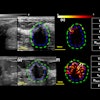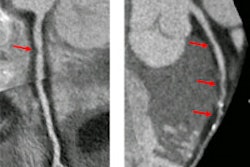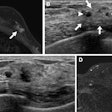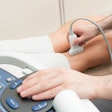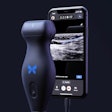Doctors at the University of Texas (UT) Southwestern will use remote echocardiography to monitor the heart of an athlete who will undertake the first swim across the Pacific Ocean later this year.
The exact date when 47-year-old architect Ben Lecomte will begin his estimated 180-day, 3,995-mile endurance test will depend on wind and weather patterns, but the athlete has already spent two years preparing every foreseeable detail of the Tokyo-to-San Francisco journey.
Lecomte's cardiologist at UT, Dr. Benjamin Levine, said he will use NASA-tested technology called remote-guidance echocardiography to monitor any changes in Lecomte's heart during the swim. An impressive display of telemedicine, remote echo technology allows sonographers to guide any moderately trained individual through the monitoring process. Remote echo is often used in isolated locations such as the International Space Station, or small villages in Africa.
Lecomte has a big, healthy, normally functioning heart that should be up to the task of the marathon swim, according to Levine, whose group recently completed a seven-year study of the hearts of 13 astronauts living on the International Space Station.
Lecomte successfully completed a swim from Boston to France in 1998. On this trip he expects to travel 2 to 2.5 knots per hour in a wet suit and flippers for up to eight hours a day.



